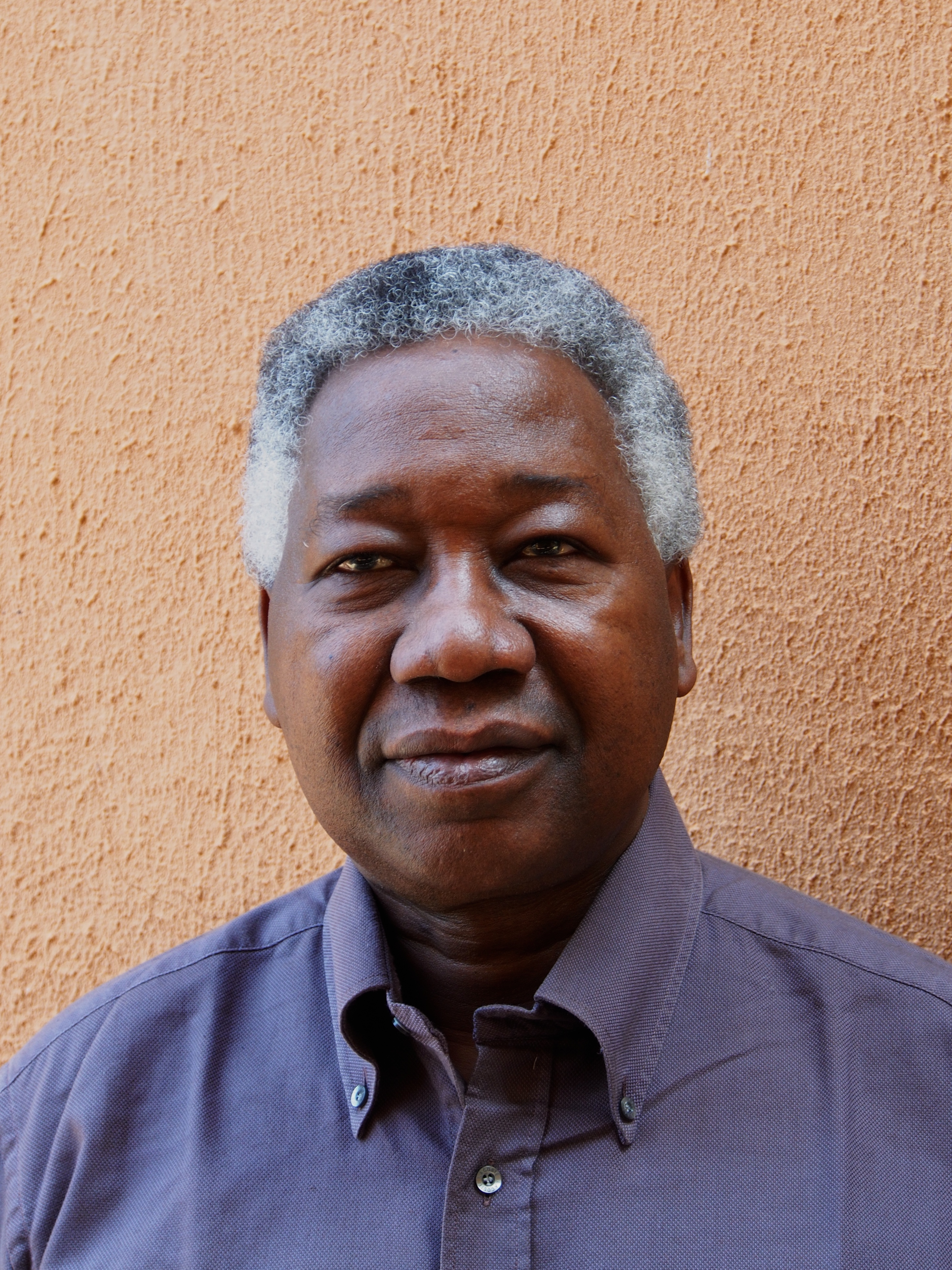|
Baara (film)
''Baara'' (international title: ''Work'') is a 1978 film directed by Souleymane CissГ©. It was the first ever feature film to be produced in Mali. The film has been screened at multiple international film festivals, and it has won a number of awards. Synopsis A young Malian peasant works as a baara, that is to say a baggage carrier in Bamako. He becomes acquainted with a young, progressive engineer who introduces him to a job at a factory. Cast * IsmaГЇla Saar * Niare Baba * Keita Boubacar * Balla Moussa Keita * Oumou Diarra Awards and accolades * Г‰talon de Yennenga (FESPACO, Ouagadougou) * Golden Montgolfiere (Three Continents Festival The Festival des 3 Continents is an annual film festival held since 1979 in Nantes, France, and is devoted to the cinemas of Asia, and Africa and Latin America. It was founded by Philippe and Alain Jalladeau. [...More Info...] [...Related Items...] OR: [Wikipedia] [Google] [Baidu] |
Mali
Mali (; ), officially the Republic of Mali,, , ff, 𞤈𞤫𞤲𞥆𞤣𞤢𞥄𞤲𞤣𞤠𞤃𞤢𞥄𞤤рћ¤, Renndaandi Maali, italics=no, ar, Ш¬Щ…Щ‡Щ€Ш±ЩЉШ© Щ…Ш§Щ„ЩЉ, JumhЕ«riyyДЃt MДЃlД« is a landlocked country in West Africa. Mali is the eighth-largest country in Africa, with an area of over . The population of Mali is million. 67% of its population was estimated to be under the age of 25 in 2017. Its capital and largest city is Bamako. The sovereign state of Mali consists of eight regions and its borders on the north reach deep into the middle of the Sahara Desert. The country's southern part is in the Sudanian savanna, where the majority of inhabitants live, and both the Niger and Senegal rivers pass through. The country's economy centres on agriculture and mining. One of Mali's most prominent natural resources is gold, and the country is the third largest producer of gold on the African continent. It also exports salt. Present-day Mali was once part of t ... [...More Info...] [...Related Items...] OR: [Wikipedia] [Google] [Baidu] |
Souleymane CissГ© (film Director)
Souleymane Cissé (born April 21, 1940) is a Malian film director, regarded as one of the first generation of African filmmakers. He has been called "Africa's greatest living filmmaker" while his film ''Yeelen'' has been called "conceivably the greatest African film ever made." Biography Born in Bamako and raised in a Muslim family, Souleymane Cissé was a passionate cinephile from childhood. He attended secondary school in Dakar and returned to Mali in 1960 after national independence. His film career began as an assistant projectionist for a documentary on the arrest of Patrice Lumumba. This triggered his desire to create films of his own, and he obtained a scholarship at the Gerasimov Institute of Cinematography, the Moscow school of Cinema and Television. In 1970 he returned to Mali, and joined the Ministry of Information as a cameraman, where he produced documentaries and short films. Two years later, he produced his first medium-length film, ''Cinq jours d’une vie'' (''Fi ... [...More Info...] [...Related Items...] OR: [Wikipedia] [Google] [Baidu] |
Bamako
Bamako ( bm, ߓߡߊ߬ߞߐ߬ ''Bà makɔ̌'', ff, 𞤄𞤢𞤥𞤢𞤳𞤮 ''Bamako'') is the Capital city, capital and largest city of Mali, with a 2009 population of 1,810,366 and an estimated 2022 population of 2.81 million. It is located on the Niger River, near the rapids that divide the upper and middle Niger valleys in the southwestern part of the country. Bamako is the nation's administrative centre. The city proper is a Cercles of Mali, cercle in its own right. Bamako's Inland port, river port is located in nearby Koulikoro, along with a major regional trade and conference center. Bamako is the seventh-largest West Africa, West African urban center after Lagos, Abidjan, Kano (city), Kano, Ibadan, Dakar, and Accra. Locally manufactured goods include textiles, processed meat, and metal goods as well as mining. Commercial fishing occurs on the Niger River. The name Bamako ( ''Bà makɔ̌'' in Bambara language, Bambara) comes from the Bambara word meaning "crocodile river". ... [...More Info...] [...Related Items...] OR: [Wikipedia] [Google] [Baidu] |
Г‰talon De Yennenga
''Г‰talon de Yennenga'' (English:Stallion of Yennenga) is an award bestowed to distinguished individuals involved with the Burkinabe's silver screen, awarded by the Panafrican Film and Television Festival of Ouagadougou (FESPACO), in recognition of the grand prize for the Best Film. First commenced in 1972, it is considered as the most prestigious award in Africa cinema. History The 'Г‰talon de Yennenga' means Stallion of Yennenga refers to Princess Yennenga, the founding myth of the Mossi Empire, the main ethnic group in Burkina Faso. The story of Yennenga dates back to the beginning of the 12th century in the Mossi's Dagomba Kingdom. The soldiers of Dagomba's king, Nedega, were brave and almost always won in any show of force. Nedega's daughter, Yennenga, who was a horse-woman, and adept at using javelins, spears and bows. Award It is shared by Burkina Faso's most popular film makers, Idrissa Ouedraogo. Ouedraogo won the Yennenga prize in 1991 for the film ''Tilai''. The first w ... [...More Info...] [...Related Items...] OR: [Wikipedia] [Google] [Baidu] |

